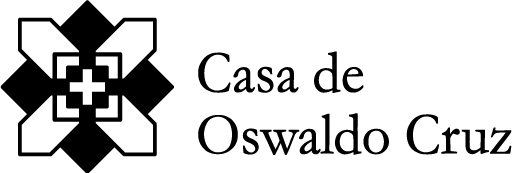Friday 2 December 2016, 10.00am (BRST – UTC-2)
Live streaming in English and Spanish
Speakers: Dr José Moya (OPAS, Venezuela); Dr Monica Garcia (Universidad del Rosario, Colombia); Dr Marcos Cueto (COC, Fiocruz).
10.00am – Welcome talks and introductions, with
Dr Paulo Gadelha (President of Fiocruz, Brazil)
Dr Magali Romero de Sà (COC, Fiocruz)
Dr Marcos Cueto (COC, Fiocruz)
10.30am – WHO GHH Seminar 100, Aedes aegypti: old and new sanitary emergencies, with
Dr José Moya (Opas, Venezuela)
Dr Monica Garcia (Universidad del Rosario, Colombia)
Dr Marcos Cueto (COC/Fiocruz, Brazil).
For over a century – and with intensity in recent years – epidemic diseases transmitted by the Aedes aegypti mosquito, such as yellow fever, dengue and zika, have been dramatic and recurrent events in Brazil and much of Latin America. These diseases have revealed the shortcomings of sanitary infrastructures, informed sound public health responses and stimulated innovative medical research. In order to understand the complexity of mosquito control it is necessary to contrast past and contemporary processes, achievements and challenges.
In this seminar we will hear from three experts on sanitation and health. Dr José Moya is an epidemiologist who has been working with PAHO/Argentina on documenting and understanding the unprecedented effect of the Zika epidemic in Brazil. In particular he has worked on the relationship between the region’s temperature, humidity, and rainfall, and water storage conditions. Dr Monica Garcia has written extensively on the history of institutions and organisations responsible for producing medical knowledge. Her insight will reflect upon policy and planning efforts. Dr Marcos Cueto has written multiple celebrated histories of the WHO, and PAHO in particular, with interests in the history of Global Health more widely. He has also worked on the concept and impact of ‘epidemics’ as a health phenomenon. Dr Paulo Gadelha is the elected president of Brazil’s top health research agency, Fiocruz. He has recently been active in shaping public health advice on Zika in South America.
The WHO Global Health Histories seminar series brings together researchers and policy makers with the goal to demonstrate how understanding the history of health could provide answers to the challenges of today and help shape a healthier future for everyone, especially those most in need. It has been co-hosted by WHO and the Centre for Global Health Histories (CGHH), University of York, UK, since 2010 in Geneva, Copenhagen, Cairo and Colombo (Sri Lanka). The series was hosted for the first time in the Americas on May, 6th 2016 – participants discussed leprosy in an event at the Oswaldo Cruz Foundation’s campus in Rio de Janeiro.
This event will be held in Spanish, with live stream translations for English speakers.
Location: Tenda da Ciência, Fiocruz, Rio de Janeiro.
Admission: Broadcast live over the internet, via webinar.






